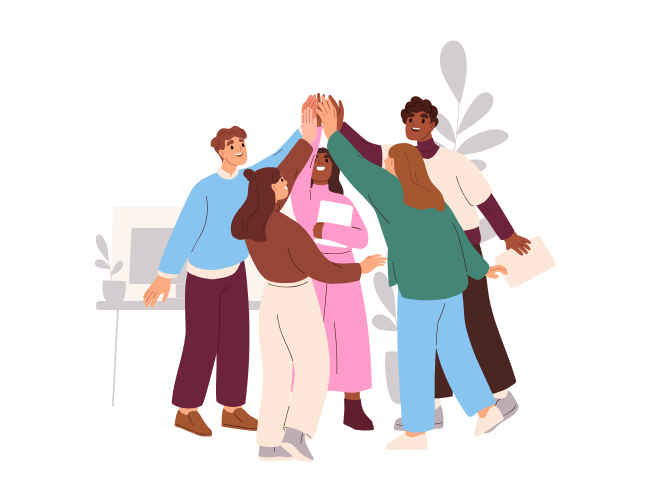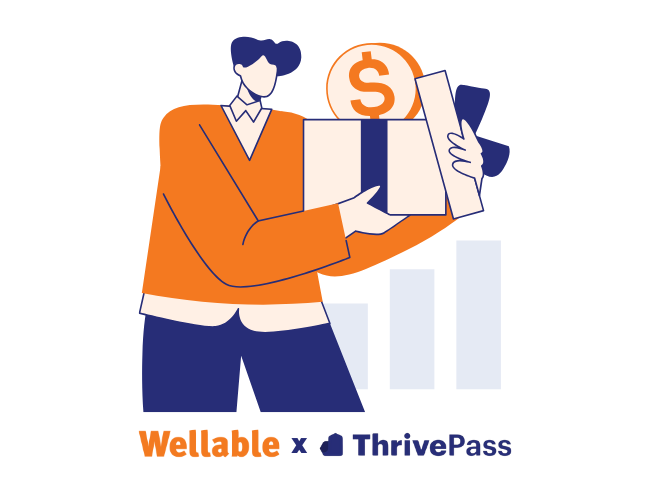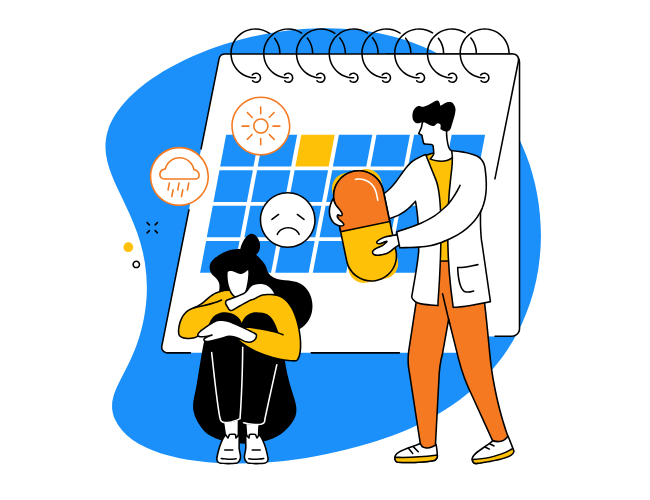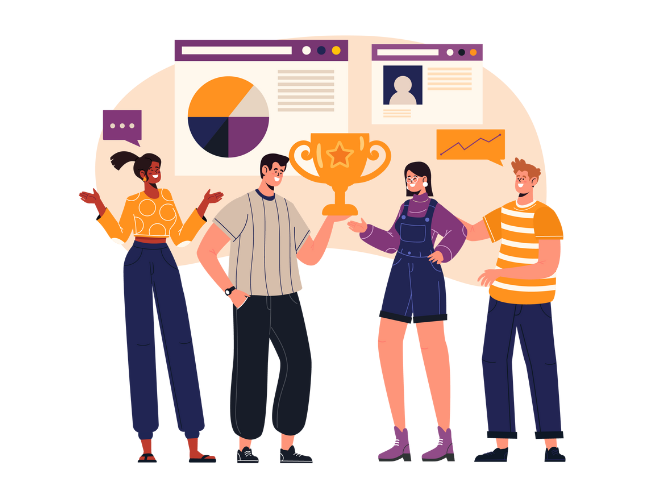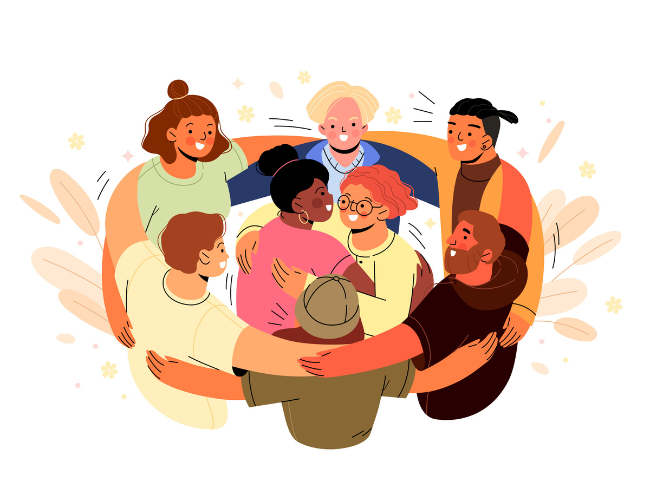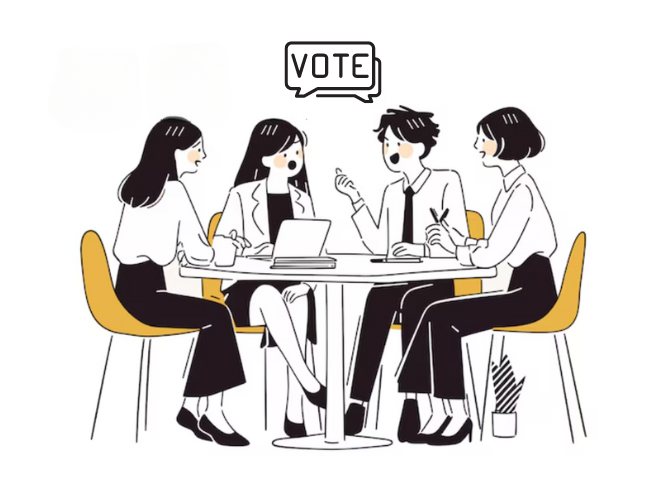Below is a video excerpt from Simon Sinek, a leadership and organizational development expert, speaking on an episode of Inside Quest. During the excerpt, which we strongly encourage people to watch (it has 5.3 million views and counting), Sinek addresses what he calls the “millennial question.” In short, the millennial question addresses the challenges with managing this generation in the workplace, including tackling common perceptions about millennials, such as their sense of entitlement, narcissism, and self-interest.
The conversation opens with a discussion on what millennials want from their employer. Leadership in organizations continue to ask millennials this question, and millennials continue to respond that they want to work in a place with purpose and make an impact. He also quipped that millennials want “free food and bean bags.” Despite clearly knowing what they want, millennials are still not happy, even when they find a company with purpose that offers free perks. Sinek explains the struggle of millennials through four influences. Below are the four influences and how they impact the mindset of millennials.
Parenting
Millennials grew up with failed “parenting strategies” that told them that they were special, taught them to believe they can have anything they want in life, and provided them with personal advancement from parental hard work or complaining rather than their own merits. This may be best exemplified in the concept of participation medals. When millennials enter the real world, they learn the hard way that they are not special, they can’t have everything they want without hard work, and last place does not get a prize. It an instant, millennial self-image gets shattered, resulting in an entire generation growing up with lower self-esteem than previous generations.
Technology
Millennials grew up in a Facebook/Instagram world, which means they are good at putting filters on things. Based on Facebook profiles, millennials are incredibly happy when the reality is that their generation suffers from high rates of depression and anxiety. Science shows that people who spend more time on Facebook suffer from higher rates of depression than those who spend less time on Facebook. Sinek makes it clear that social media and technology are not bad, but too much social media and technology are.
Impatience
Millennials grew up in a world of instant gratification. Want something? Order it on Amazon and have it arrive the next day. Want to watch a movie? Stream it from Netflix. Millennials are not even accustomed to waiting each week for a new episode of a TV show. They have access to all the episodes at once. Instant gratification has created a high sense of impatience within the millennial generation. Unfortunately, when it comes to job satisfaction and strength of relationships, there isn’t an app that provides these needs on-demand.
Environment
Millennials are being thrown into organizations that are making things worse, not better. Most organizations care more about the numbers than the people, and as a result, they are not prepared to assist millennials with the transition to the real world.





